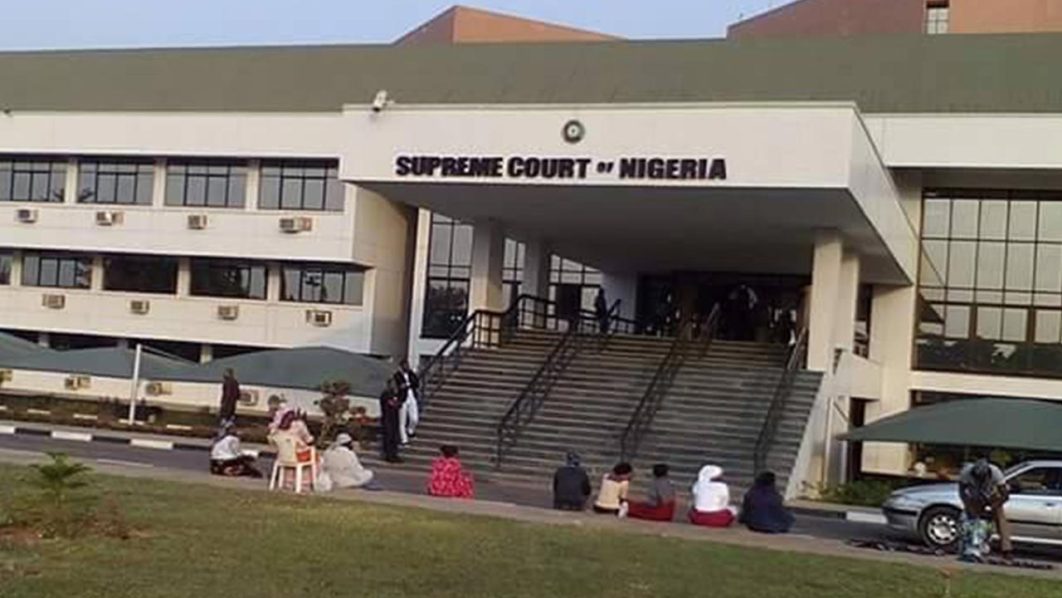
The Supreme Court has reserved judgment in the suit filed by the Federal Government against the 36 state governors seeking full autonomy for the 774 local governments in the country.
A seven-member panel of Justices of the apex court, presided over by Justice Garba Lawal, reserved judgement on Thursday in the suit, with the date of the ruling to be communicated to parties after adopting the processes filed by the Attorney General of the Federation (AGF), Prince Lateef Fagbemi (SAN), on behalf of the federal government. The suit is marked SC/CV/343/2024.
Adopting his processes, including the originating summons, further and better affidavit, and composite address in response to various objections by the defendants, the AGF pleaded with the Supreme Court to grant all the reliefs sought by the federal government in the suit. In contrast, the 36 State Governors, through their respective State Attorneys General and Commissioner for Justice, opposed the federal government’s request and urged the court to dismiss the suit.
While some states sought dismissal with substantive costs, others did not request costs in their various notices of preliminary objections and counter affidavits filed against the plaintiff’s originating summons.
The AGF, on behalf of the federal government, initiated the court action against the governors primarily seeking full autonomy for local governments as the third tier of government in the country.
The AGF is praying the apex court for an order prohibiting state governors from unilaterally, arbitrarily, and unlawfully dissolving democratically elected local government leaders.
In the originating summons he personally signed, the AGF is also praying the Supreme Court for an order permitting the funds standing in the credits of local governments to be directly channelled to them from the Federation Account in line with the provisions of the Constitution, as opposed to the alleged unlawful joint accounts created by governors.
He further seeks an order from the Apex Court to stop governors from constituting caretaker committees to run the affairs of local governments, contrary to the Constitutionally recognised and guaranteed democratic system.
Additionally, the FG applied for an injunction restraining the governors, their agents, and privies from receiving, spending, or tampering with funds released from the Federation Account intended for the benefit of local governments when no democratically elected local government system is in place in the states.
The governors were sued through their respective State Attorneys General in the suit based on 27 grounds, among which are that the Constitution of Nigeria recognises federal, state, and local government as the three tiers of government and that they draw funds for their operation and functioning from the Federation Account created by the Constitution.
The AGF therefore asked the Apex Court to invoke Sections 1, 4, 5, 7, and 14 of the Constitution to declare that the state governors and state Houses of Assembly are under an obligation to ensure a democratic system at the third tier of government in Nigeria. He also requested the same Sections to hold that the governors cannot lawfully dissolve democratically elected local government councils.
He further prays for the invocation of Sections 1, 4, 5, 7, and 14 of the Constitution to declare that the dissolution of democratically elected local government councils by the governors or anyone using the State powers derived from laws enacted by the State Houses of Assembly or any Executive Order is unlawful, unconstitutional, null, and void.






